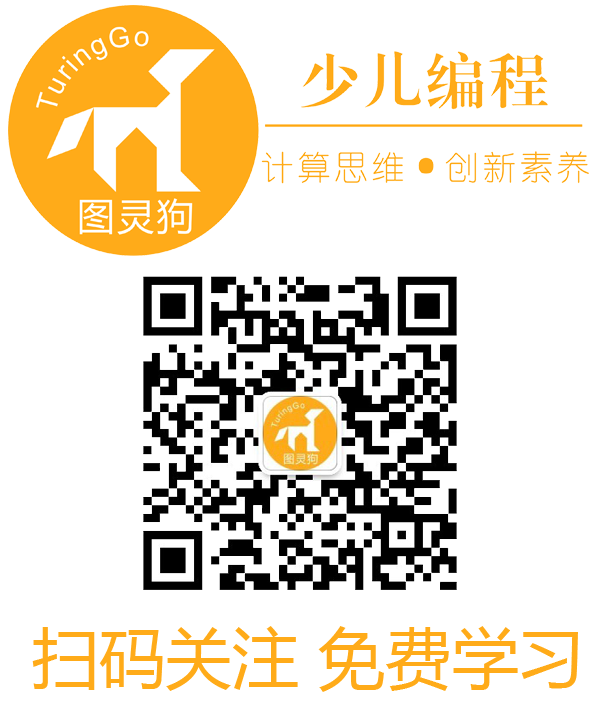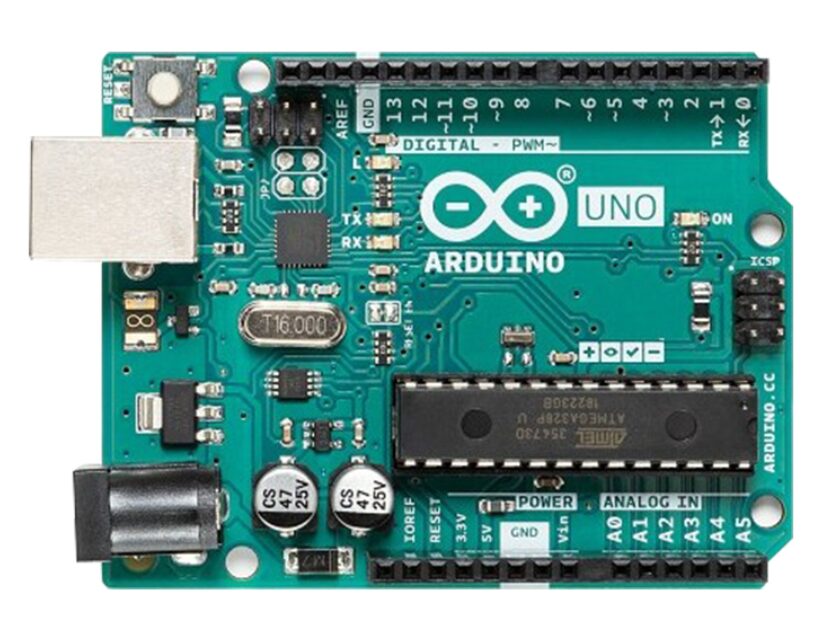
In 2005, Arduino was born in Italy. Due to its low cost and powerful functionality, it has become one of the most popular open-source hardware platforms worldwide, making it the best choice for creating hardware projects.
In this chapter, we will explore the control board designed based on the Arduino Uno chip and attempt to create animated works that interact with hardware and software. Through the process of these projects, we will familiarize ourselves with the characteristics of various sensors and actuators, mastering the usage of digital input/output and analog input/output. This will prepare us for the next chapter, “Creative Programming with Robots.”
The Arduino control board is an integrated teaching circuit board I modified based on the official Esplora version.
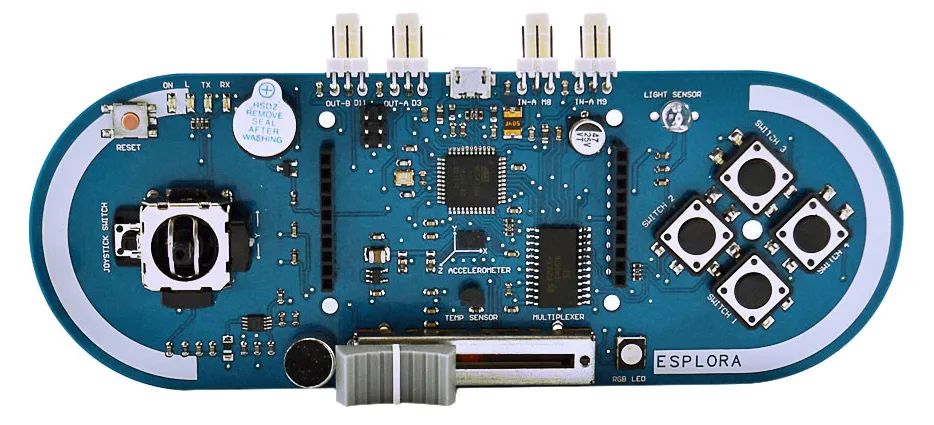
Official Esplora (domestic imitation version)
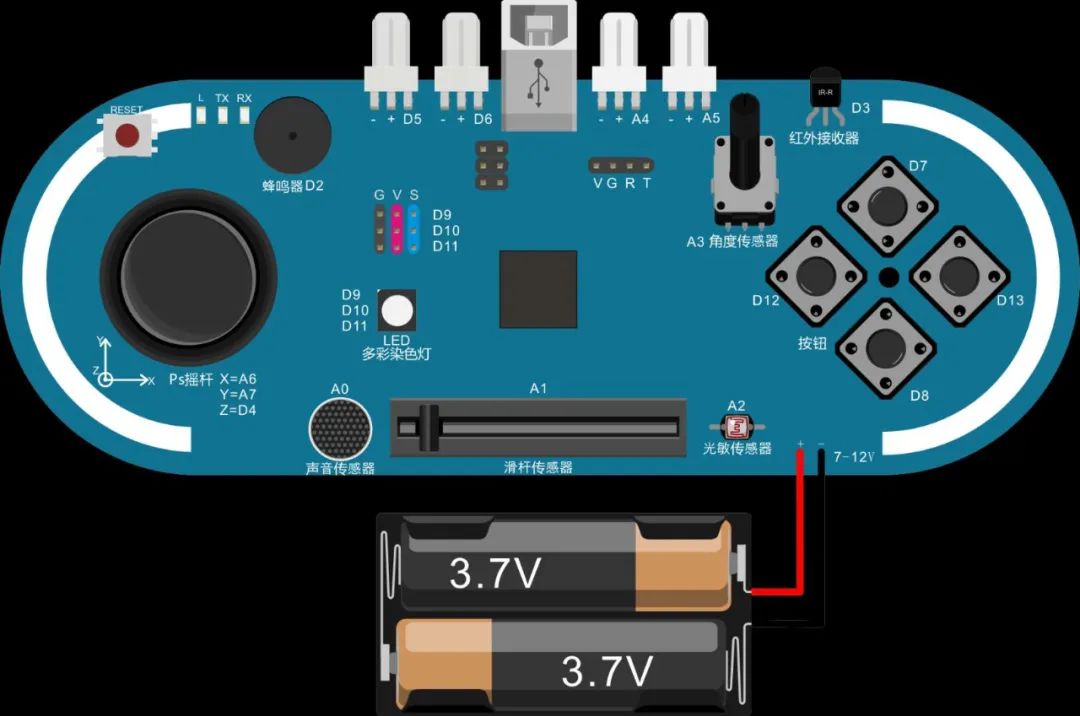
Improved version by Teacher Jin
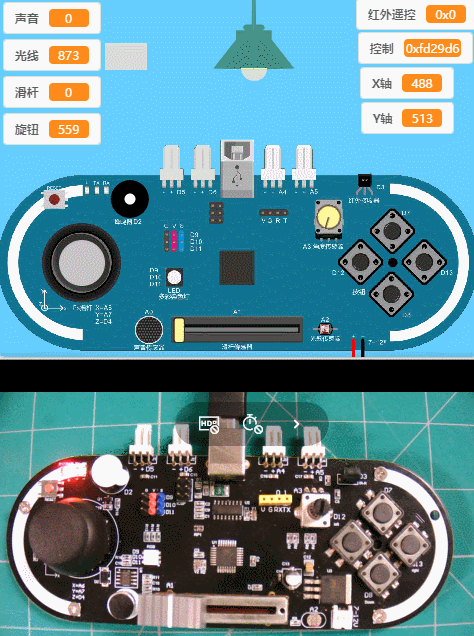
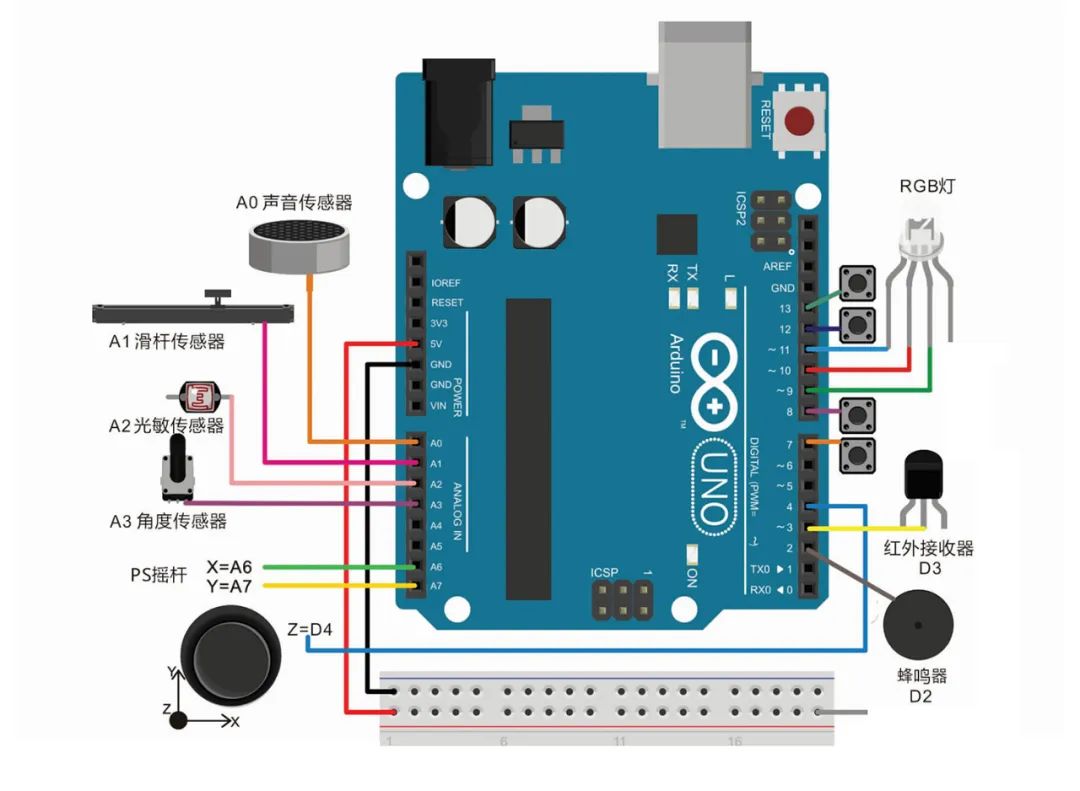
This mainboard is particularly convenient for teachers to maintain during lessons, allowing open-source hardware programming classes to be conducted in regular computer classrooms. There is no longer a need to worry about beginners incorrectly connecting circuits and damaging the mainboard.

Loading the open-source hardware extension library in Mind+ software
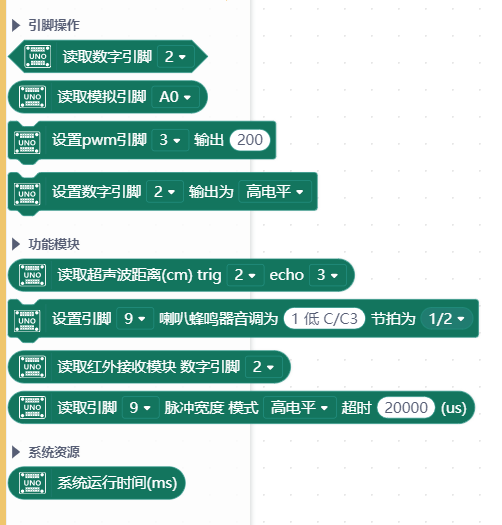
Arduino Uno block code
In this chapter, we will learn through the following projects:
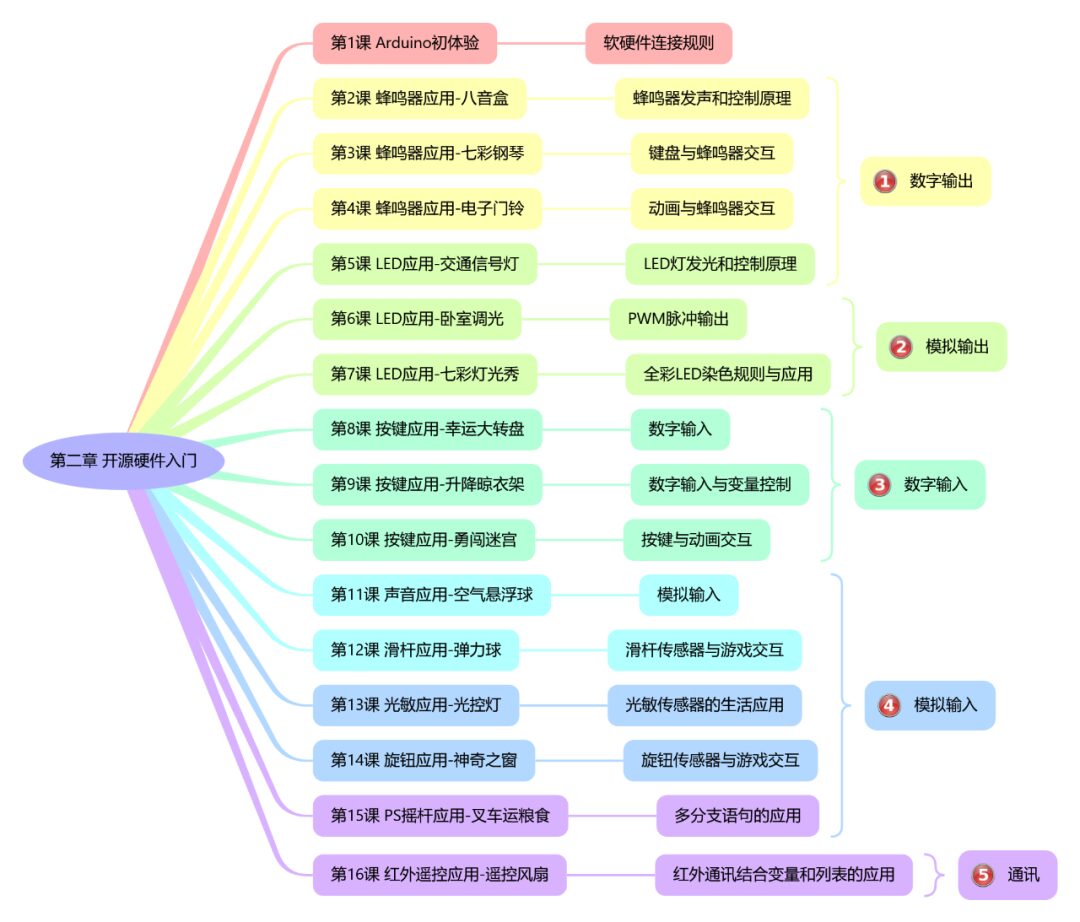
Chapter Two: Introduction to Open-Source Hardware Lesson 1: First Experience with Arduino Rules for Hardware Connection Lesson 2: Buzzer Application – Music Box Principles of Buzzer Sound and Control Lesson 3: Buzzer Application – Colorful Piano Interaction between Keyboard and Buzzer Lesson 4: Buzzer Application – Electronic Doorbell Interaction between Animation and Buzzer Lesson 5: LED Application – Traffic Light Principles of LED Light and Control Lesson 6: LED Application – Bedroom Dimming PWM Pulse Output Lesson 7: LED Application – Colorful Light Show Full-Color LED Coloring Rules and Applications Lesson 8: Button Application – Lucky Spin Digital Input Lesson 9: Button Application – Lifting Clothes Rack Digital Input and Variable Control Lesson 10: Button Application – Maze Adventure Interaction between Button and Animation Lesson 11: Sound Application – Air Floating Ball Analog Input Lesson 12: Slider Application – Bouncy Ball Slider Sensor and Game Interaction Lesson 13: Light Sensitive Application – Light-Controlled Lamp Life Applications of Light Sensitive Sensors Lesson 14: Knob Application – Magical Window Knob Sensor and Game Interaction Lesson 15: PS Joystick Application – Forklift Transporting Food Application of Multi-Branch Statements Lesson 16: Infrared Remote Control Application – Remote Fan Application of Infrared Communication Combined with Variables and Lists Communication Digital Output Analog Output Digital Input Analog Input
Below are some project case effects: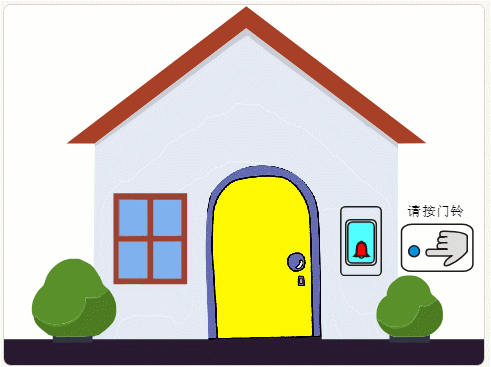
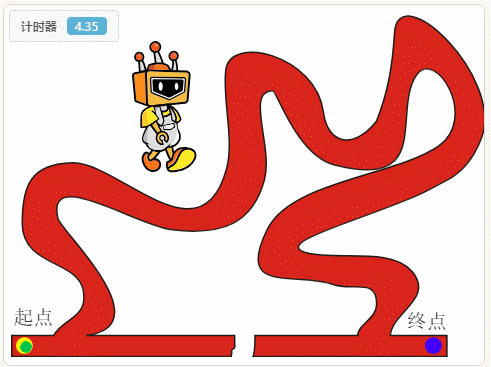
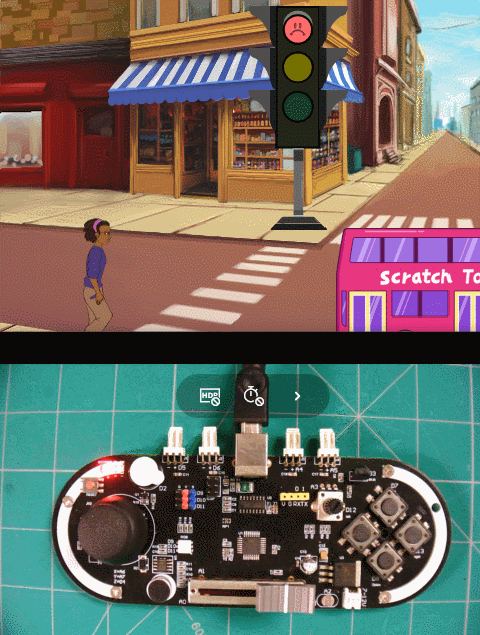
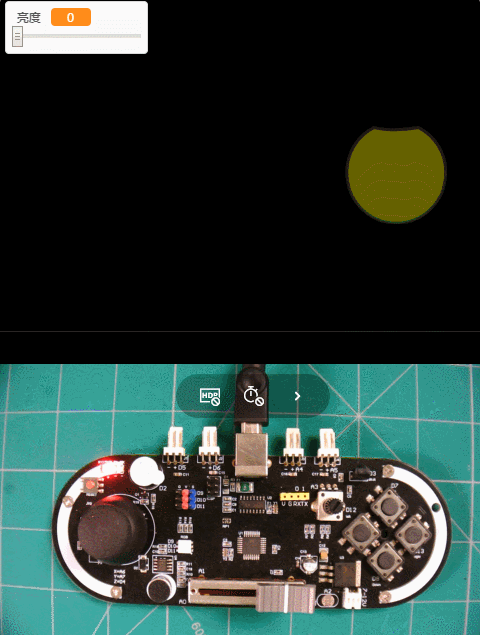
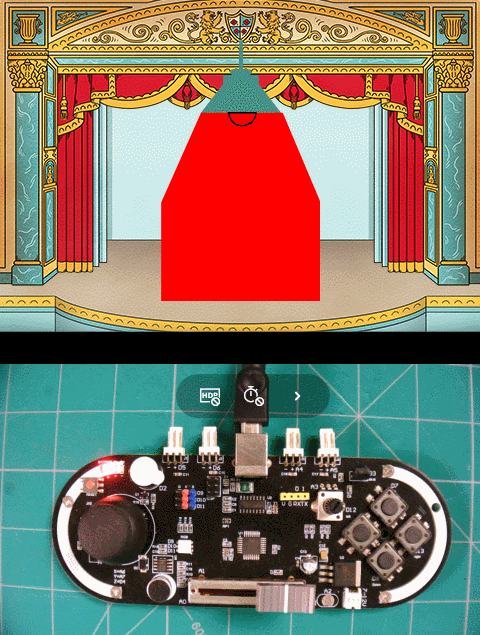
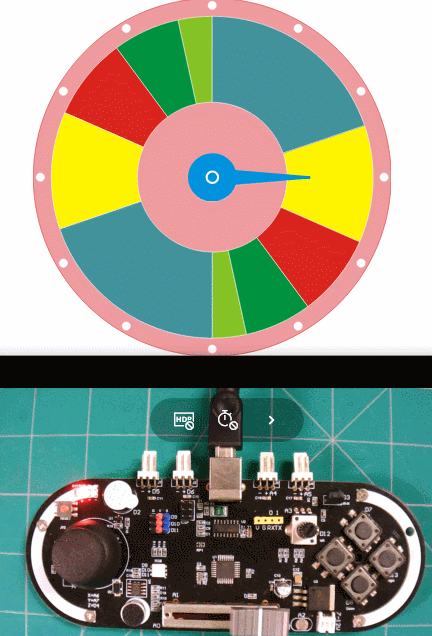
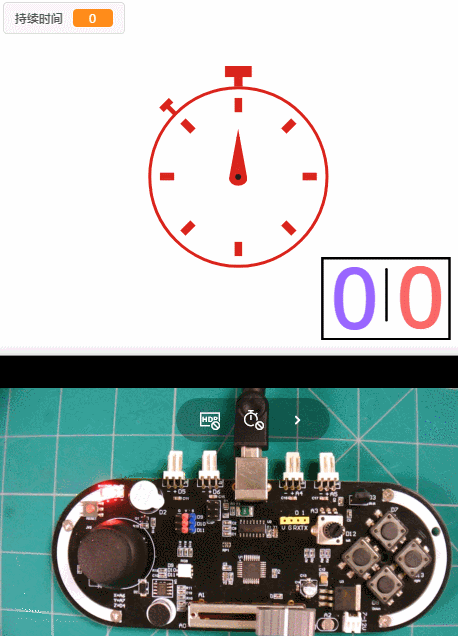
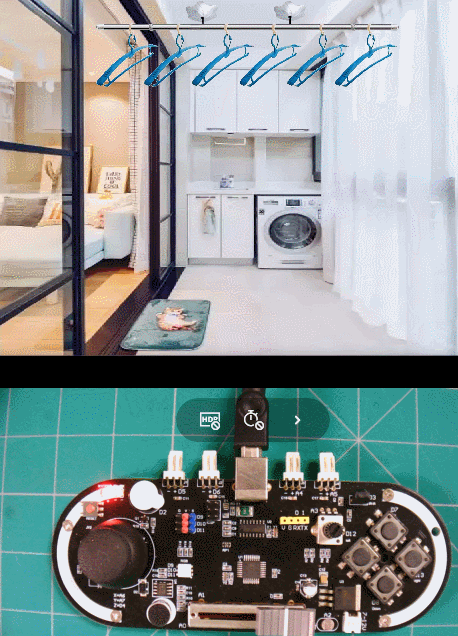
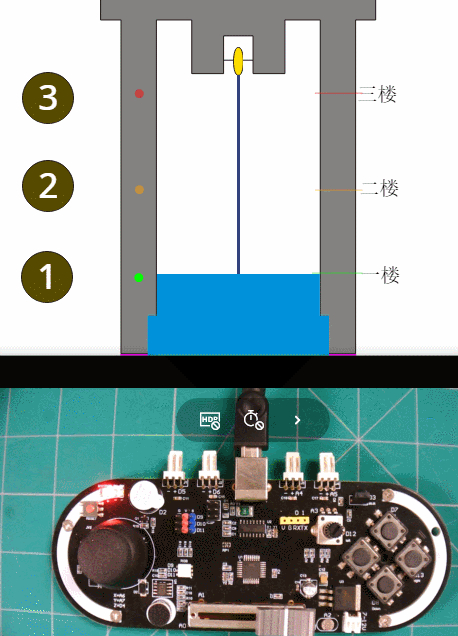
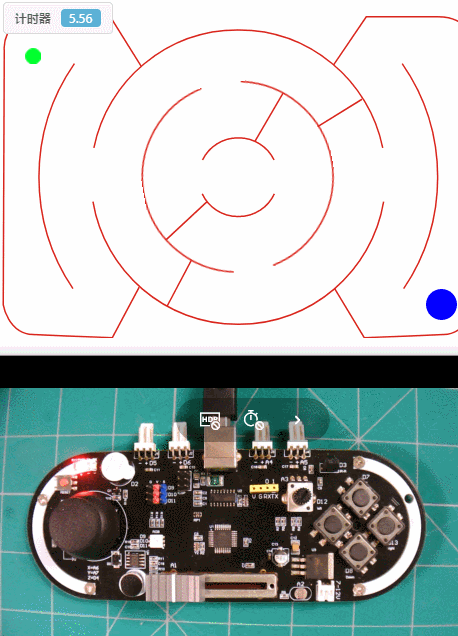
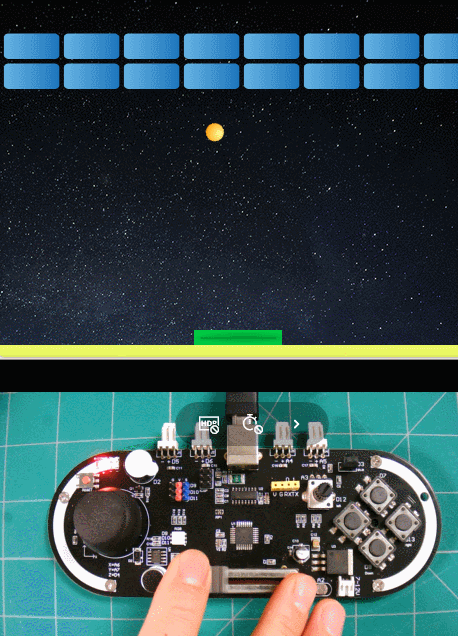
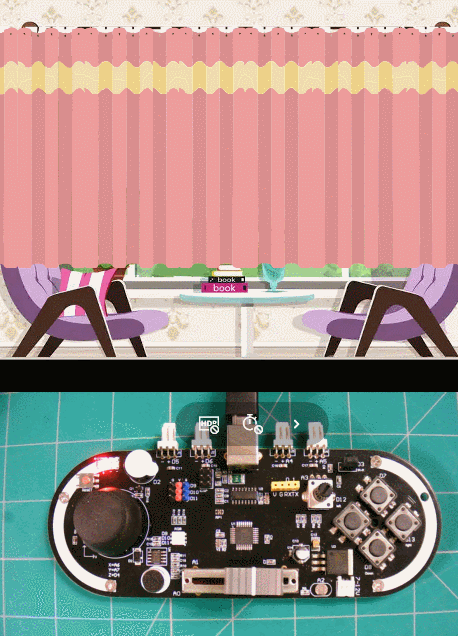
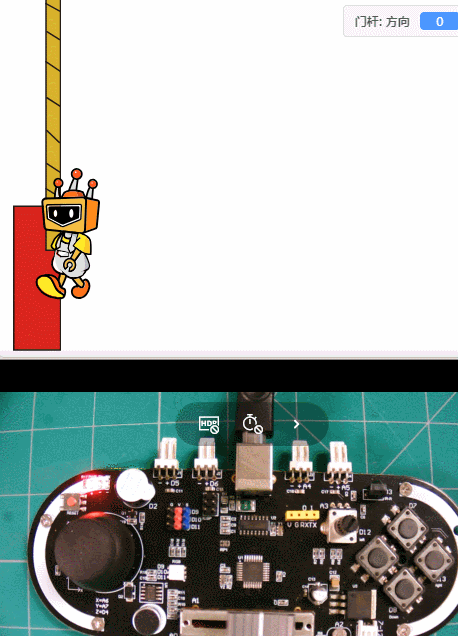
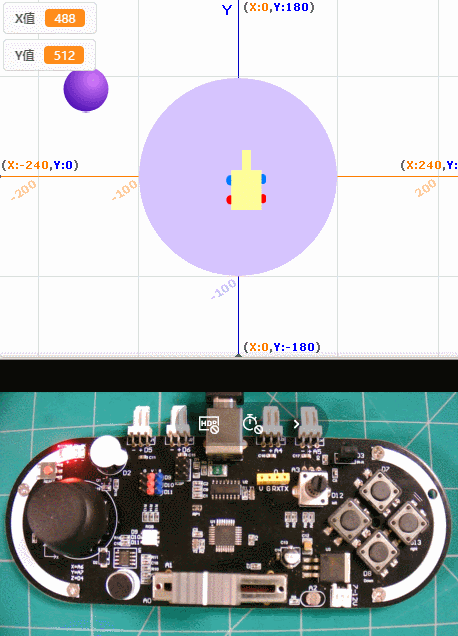
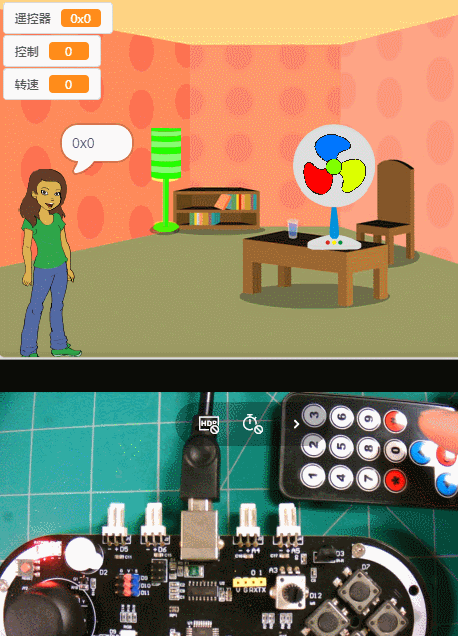
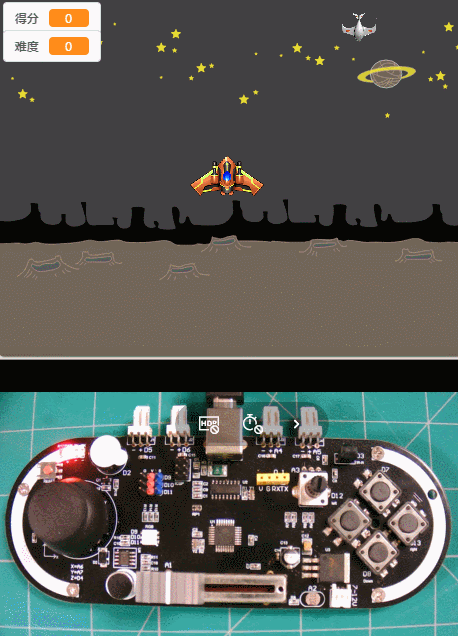
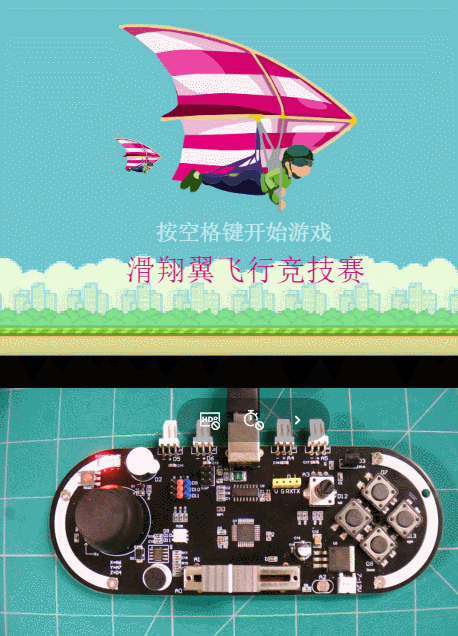
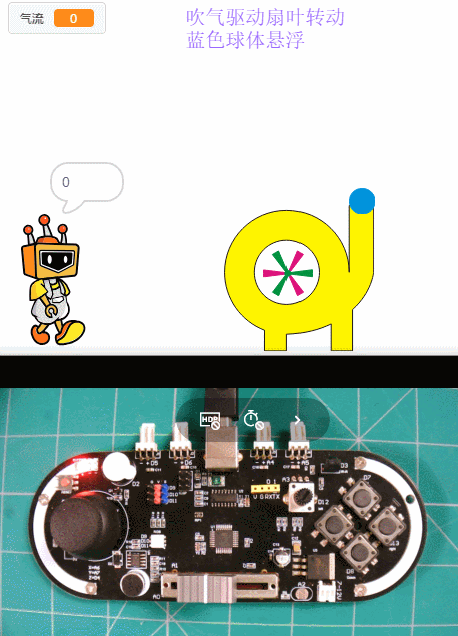
More exciting content coming soon.
You are also welcome to leave us a message through our WeChat public account.
Finally, a salute to the Arduino open-source team.
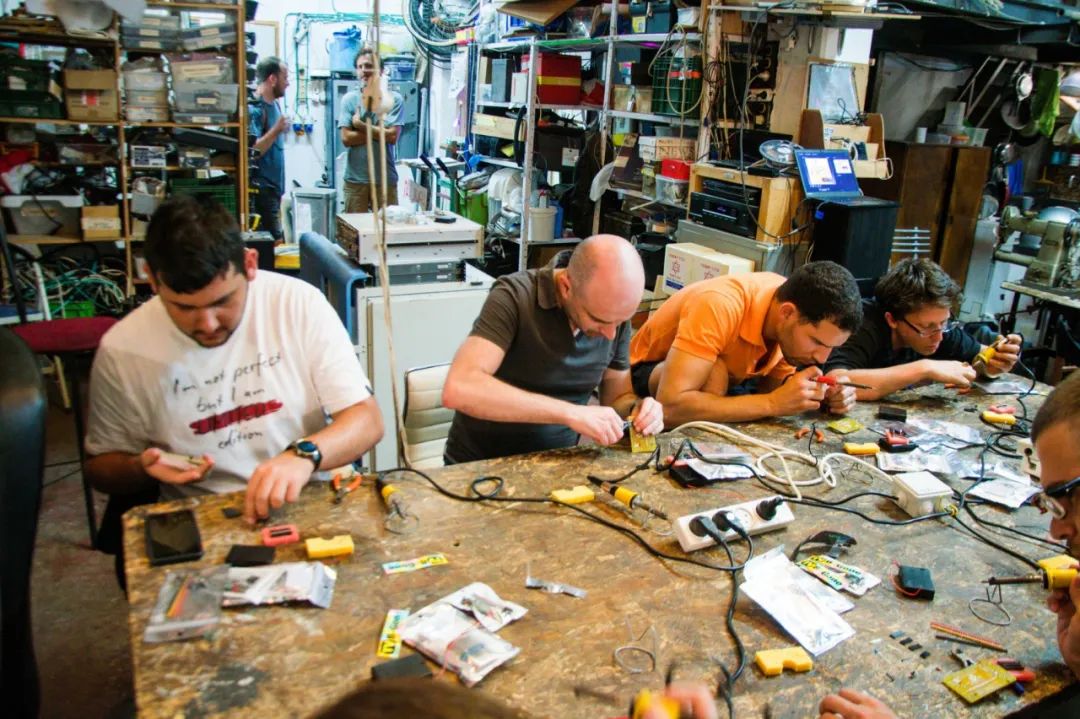
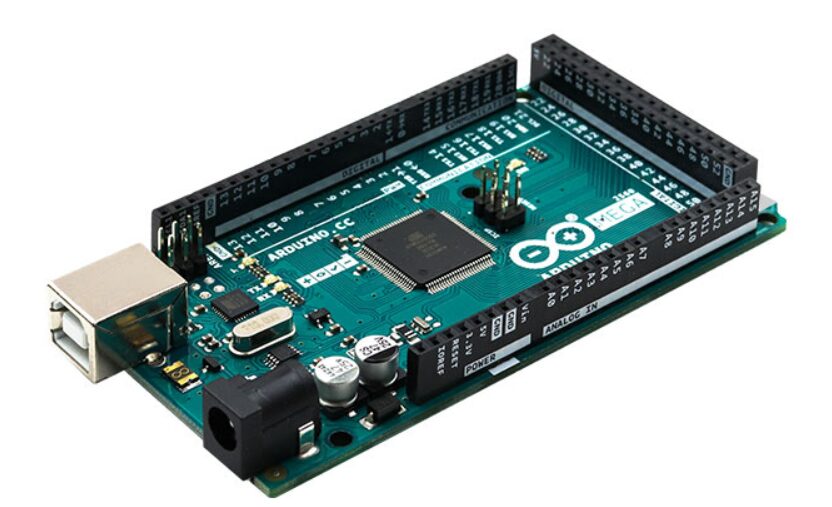
Mega2560
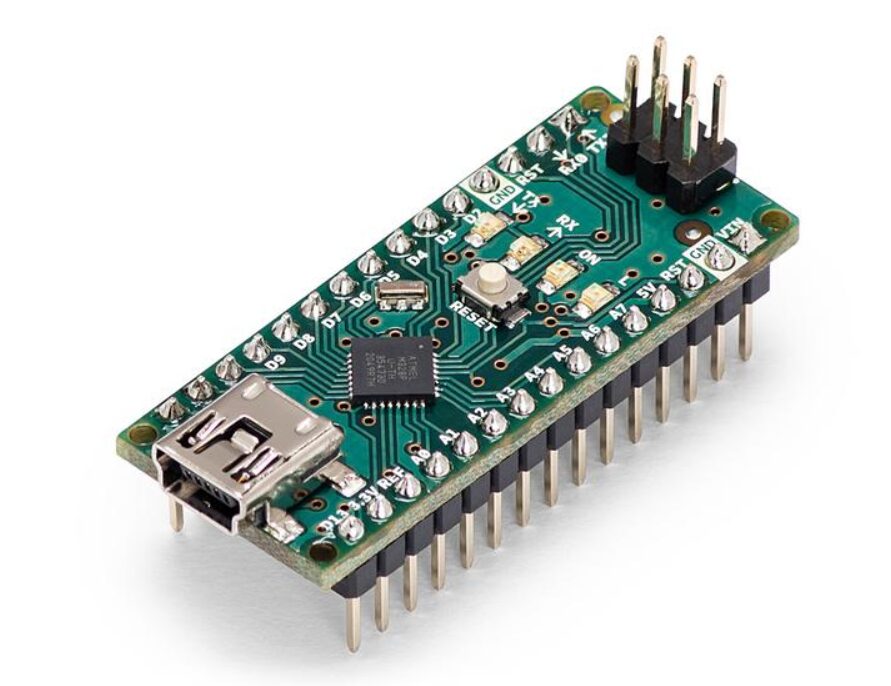
Nano
What can Arduino do? Here are a few images for everyone to see:
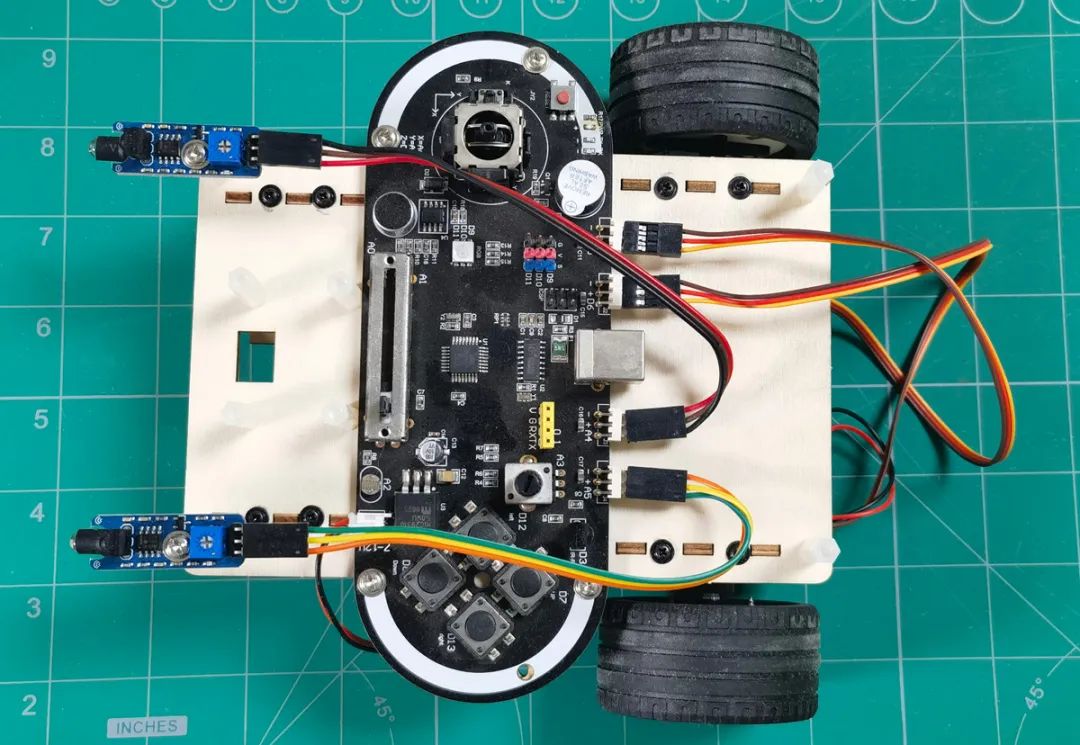
Smart car made using the Arduino Esplora modified board
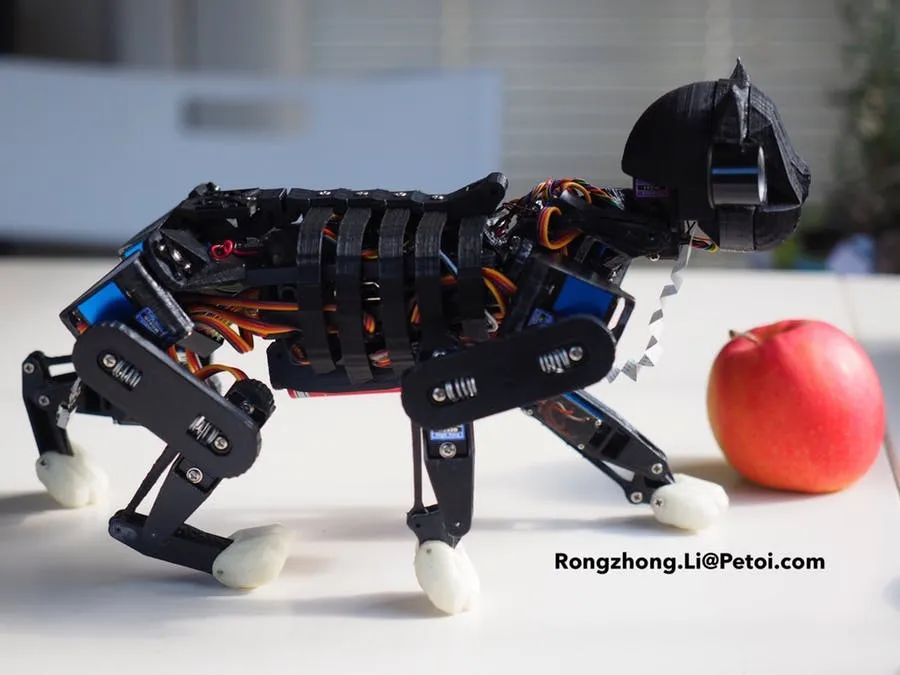
Quadruped robot controlled by Arduino Nano mainboard
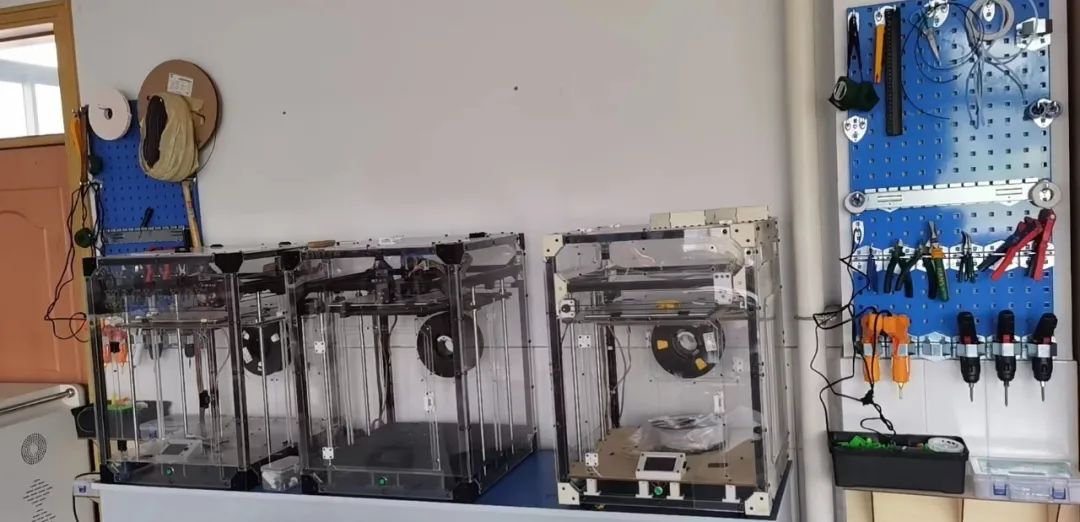
That’s right, those three large transparent 3D printers were also developed and produced by our team. The mainboard used is the Arduino Mega2560.
